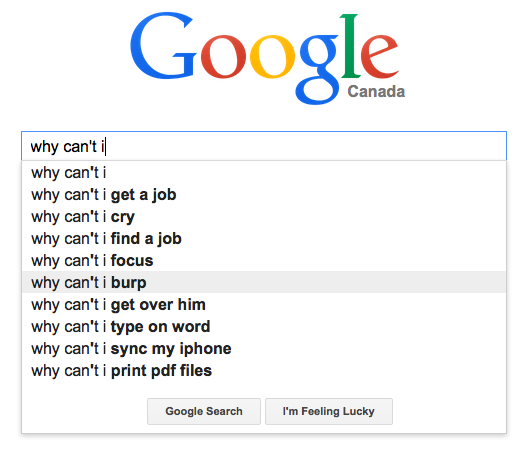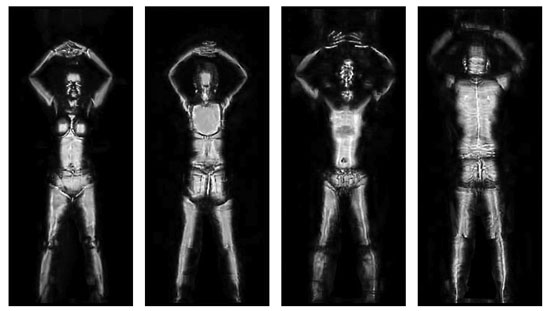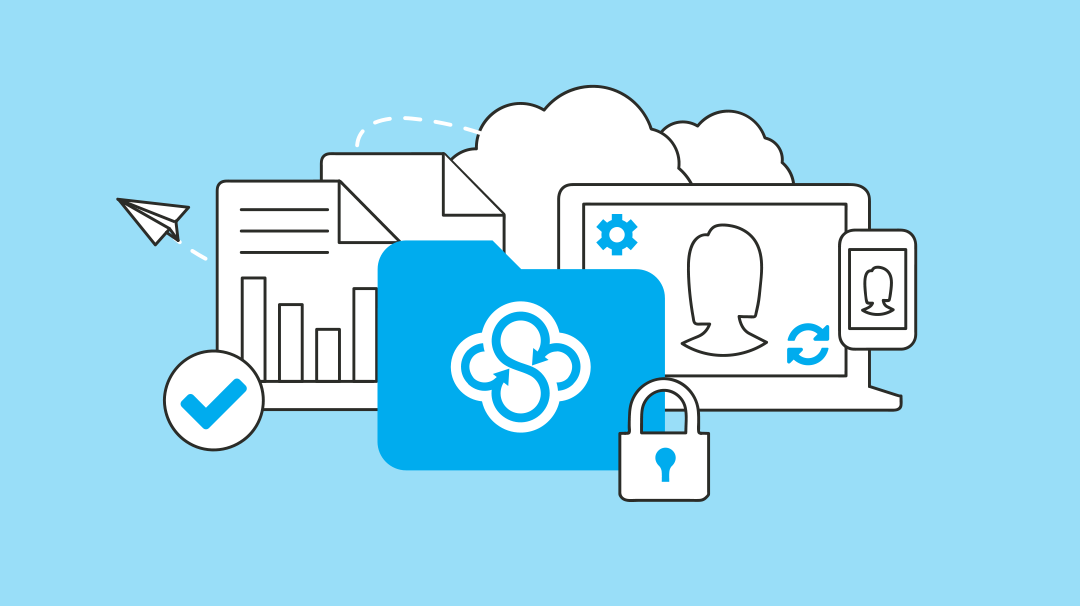
When Google announced that “you can download all of your saved search history to see a list of the terms you’ve searched for”, I must admit, I felt a hint of nervous trepidation at the thought of what I might discover. Just for an instant. Curiosity is a powerful thing.
And so, when Google informed me that my search history archive was ready for download, it was with great satisfaction (and a little disappointment) that I discovered that Google actually had no history on me. I had somehow disabled the feature a long time ago.
Even with nothing to hide, the thought of possible decades worth of search history available for Google (employees) to access and use as they please made me want to disable the feature with a passion. I wanted it gone like I wanted those full body airport scanners gone. That rush of emotions made me realize that my privacy really was worth something. Privacy matters.

Not surprisingly then, Google’s own Product Managers have had a hard time spinning saved search history as a useful feature:
“We’ve found that it is difficult to articulate the usefulness of having web history turned on without trying it out for yourself … having this feature on by default allows users to enjoy the benefits of personalized search without going out of their way to turn it on” states Jonathan McPhie, Google Product Manager.
However, the devil is in the details, as Google’s privacy policy spins the benefits quite succinctly. It’s all about personalized ads:
“When you share information with us, we can make those services even better – to show you more relevant search results and ads. Our automated systems analyze your content (including emails) to provide you personally relevant product features, such as … tailored advertising”
Advertising is Google’s $66 billion dollar cash cow, and our search history is their golden goose. Every time we search, Google profits.
Of course we already knew that. We see personalized ads all over the search results, and they follow us around the web, on virtually every website we visit. Perhaps seeing the ads gives us a false sense of security, as it’s Google’s way of being transparent.
But it’s not just our search history that Google profits from these days. They’ve got their monetization machine working overdrive, keeping tabs on our files, emails, web browsing habits, physical locations, circle of friends, the music we listen to, the videos we watch, the streets we live on and even the air we breathe. Everything is fair game.

Login here with the Google account you use on your phone to see location history in action.
At this point I’m starting to ramble because I know my privacy is worth something. Billions to Google, but what’s it worth to me? With a life’s history of big data sitting on Google’s servers indefinitely, it’s headlines like these that may be the most concerning:
House Passes Bill Allowing Corporations to Share Your Data
“April 23, 2015. The Protecting Cyber Networks Act would allow for data to flow between corporations via a government intermediary. Crucially, there are provisions that would allow the government to use this data outside of cyber threats”.
Perhaps it’s not so much about what our privacy is worth today, but rather, what our privacy will be worth tomorrow.
What can we do about it?
- Disable Google search history and location history (on the iPhone disable frequent locations as well).
- Use encrypted, zero-knowledge cloud services which do not have access to your data. Services such as Sync.com for cloud file storage and sharing, ProtonMail (or Sync.com secure links) for secure email, and EFF’s list of recommended messaging apps.
- Install uBlock on your web browser (a lightweight ad blocking browser plugin)
- Be wary of what you post publicly on social media.
- Unplug from the internet?




